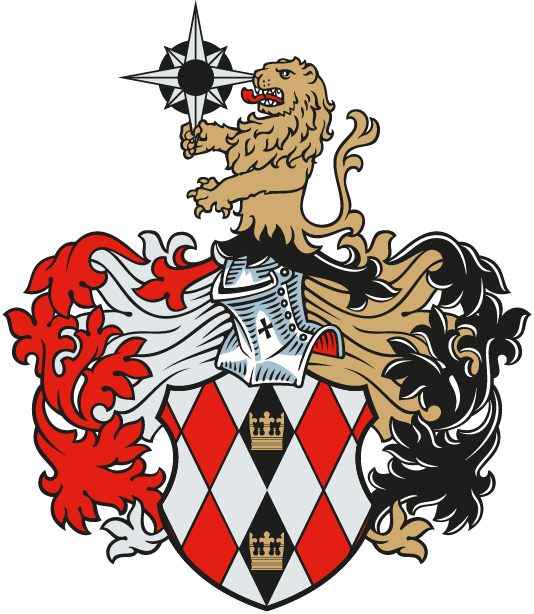

Chocolate made in Dubai – exotic, luxurious, and now at the center of a legal debate. Can a product brand itself with a geographic name if its core ingredients come from elsewhere? The 'Dubai Chocolate' case highlights the fine line between branding brilliance and misleading origin claims in a global marketplace.
The boutique smells of spice and cocoa. A chocolatier in a crisp white uniform hands out delicate squares of dark chocolate, each wrapped in foil stamped with the words: 'Dubai Chocolate'. The packaging glitters with gold and desert motifs. Tourists marvel. Influencers snap photos. But lawyers raise eyebrows.
Where does Dubai Chocolate really come from? Not the cocoa – that's imported from West Africa and South America. Yet the name suggests something deeply local. It's a branding masterstroke. Or is it a legal misstep?
This isn’t just about chocolate. It's about how brands use place names to evoke quality, prestige, or lifestyle. In the EU, such practices are tightly regulated under geographical indications (GIs). But in the UAE and other jurisdictions, the lines blur. Can a chocolate that’s made in Dubai, but from foreign ingredients, call itself 'Dubai Chocolate'?
According to legal experts from Osborne Clarke, consumer perception is key. If the average buyer believes the product contains local ingredients because of its name, that could be misleading. On the other hand, if the name simply reflects where it’s made – not what it’s made of – it might be fair game.
The issue divides opinion. Some say 'Dubai Chocolate' celebrates local craftsmanship and production. Others argue it misleads customers, especially in export markets with stricter rules. For example, in Europe, such branding could trigger compliance issues or even legal action.
Transparency is the safest bet. Clear labeling about ingredient origins and production sites helps avoid confusion – and lawsuits.
Place branding doesn’t just affect chocolate – it’s critical in real estate too. Developments named 'Dubai Heights' or 'Louvre Residences Abu Dhabi' draw on geographic identity to sell lifestyle. But like with chocolate, the name must match reality, or at least not mislead.
For investors and developers, this is a reminder: authenticity and clarity matter more than ever. Whether you're naming a luxury tower or a gourmet product, make sure the origin story stands up to scrutiny. In a global market, trust is everything – and it starts with the name on the box (or building).
